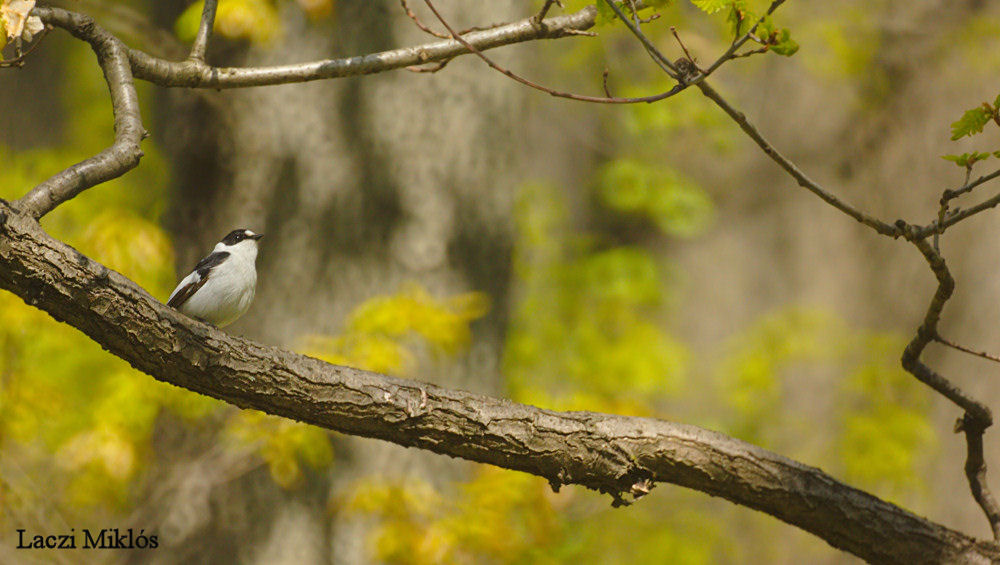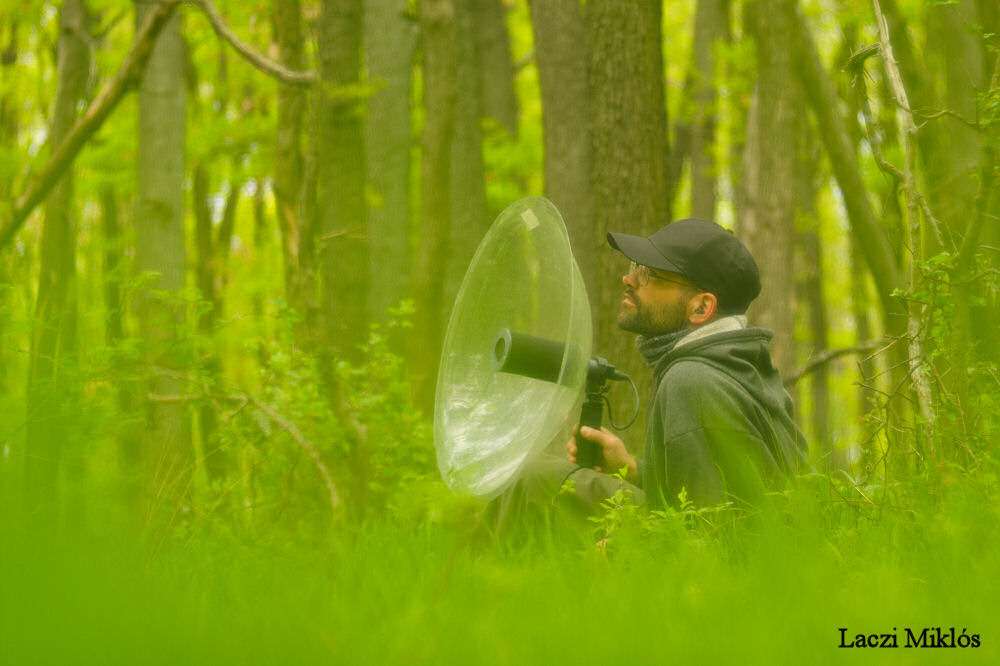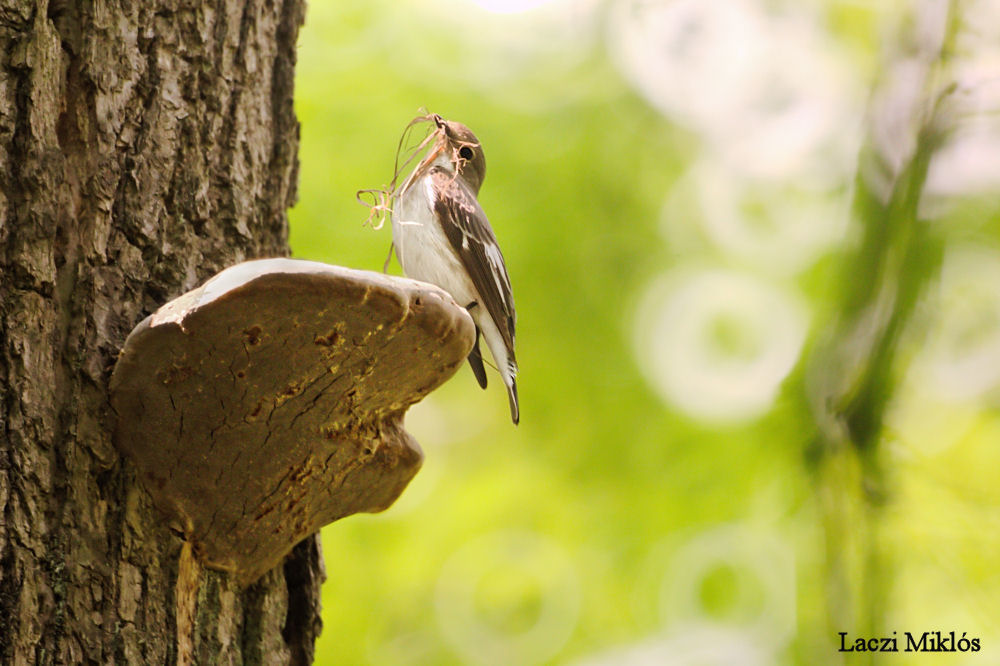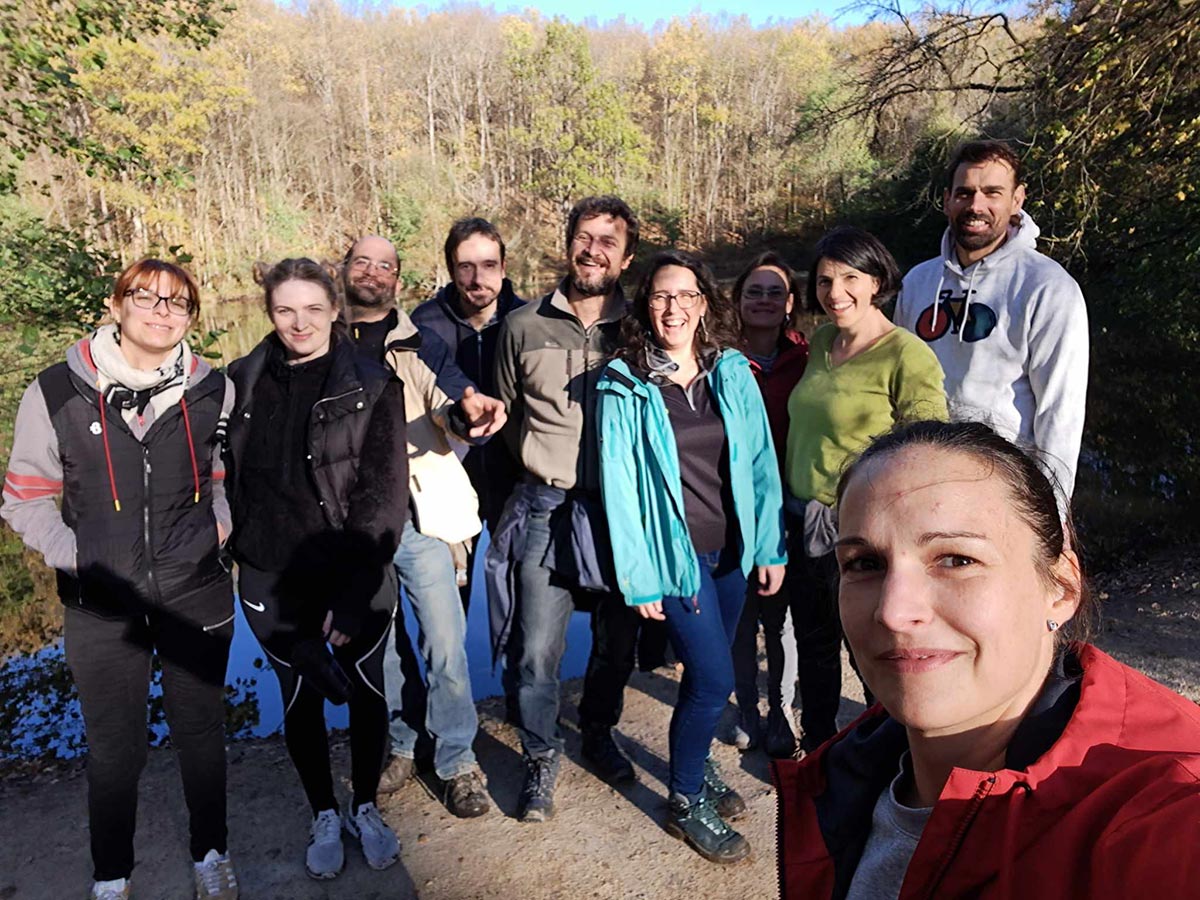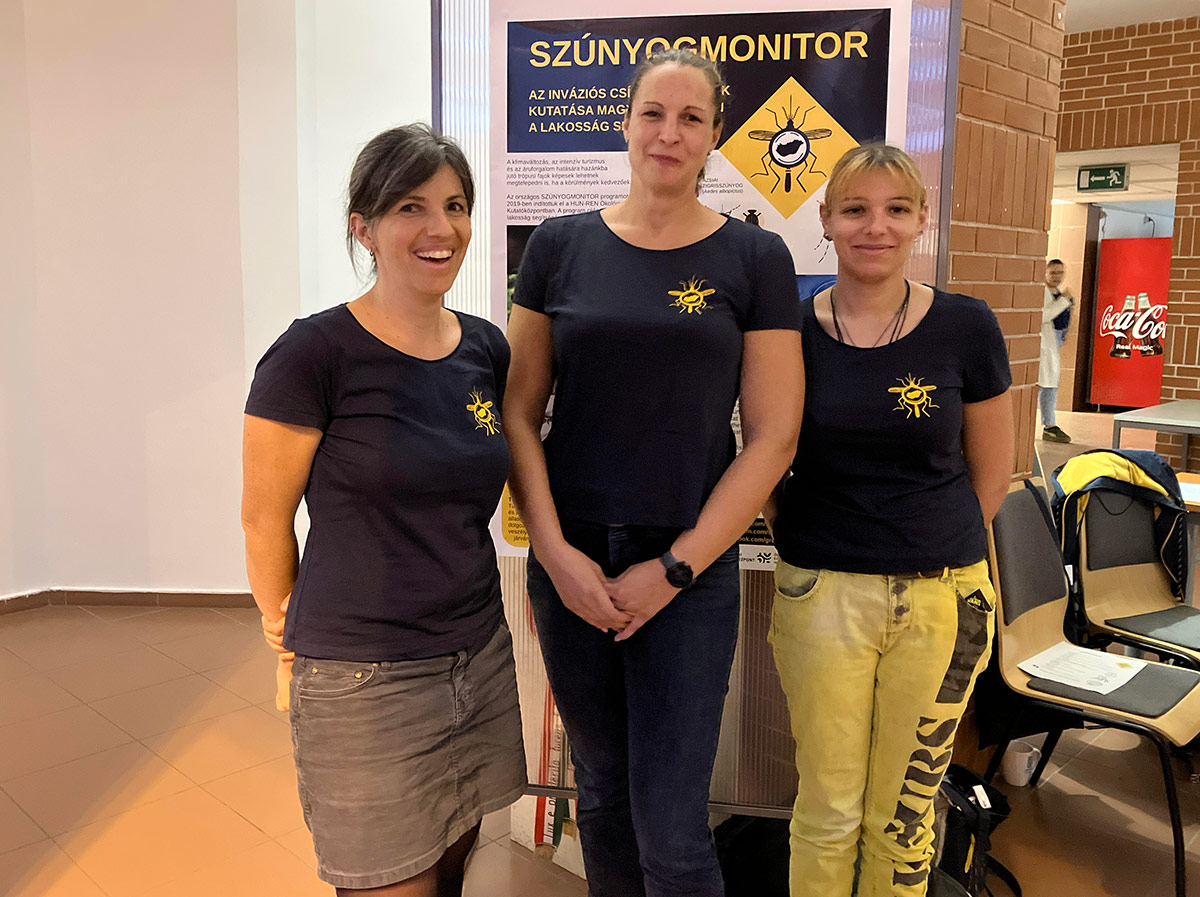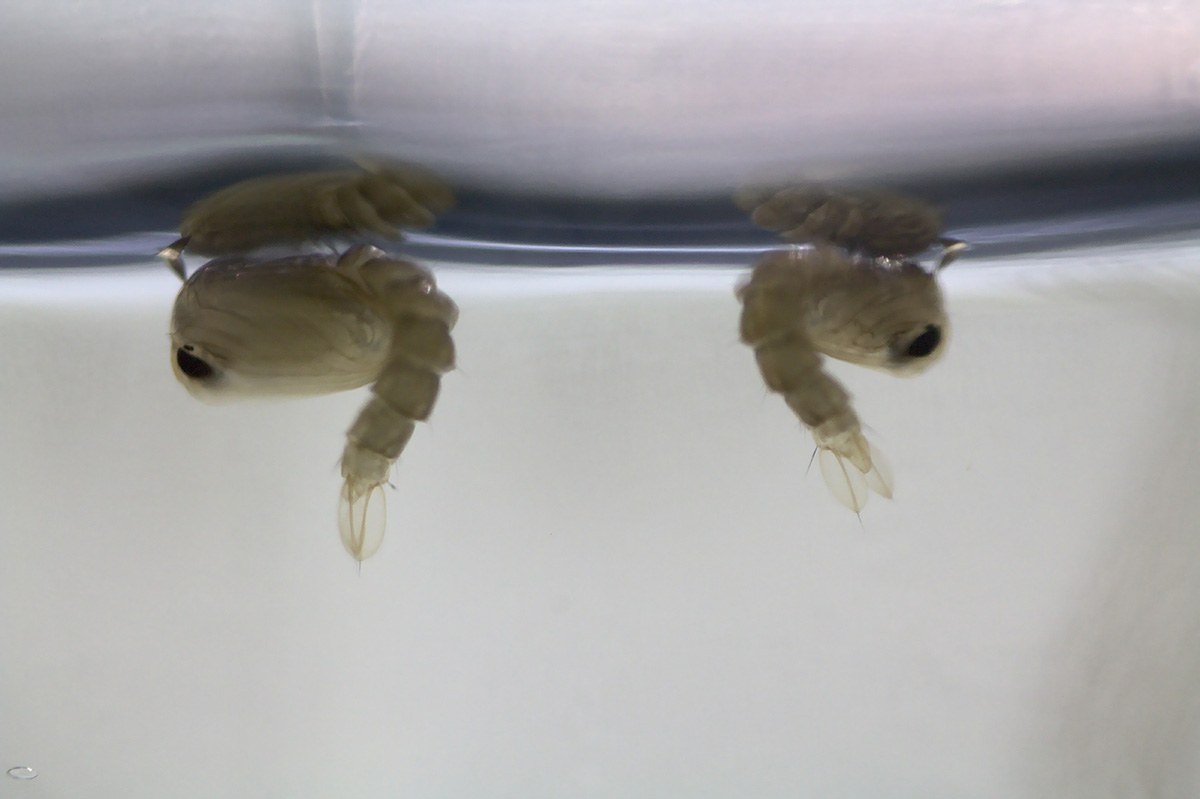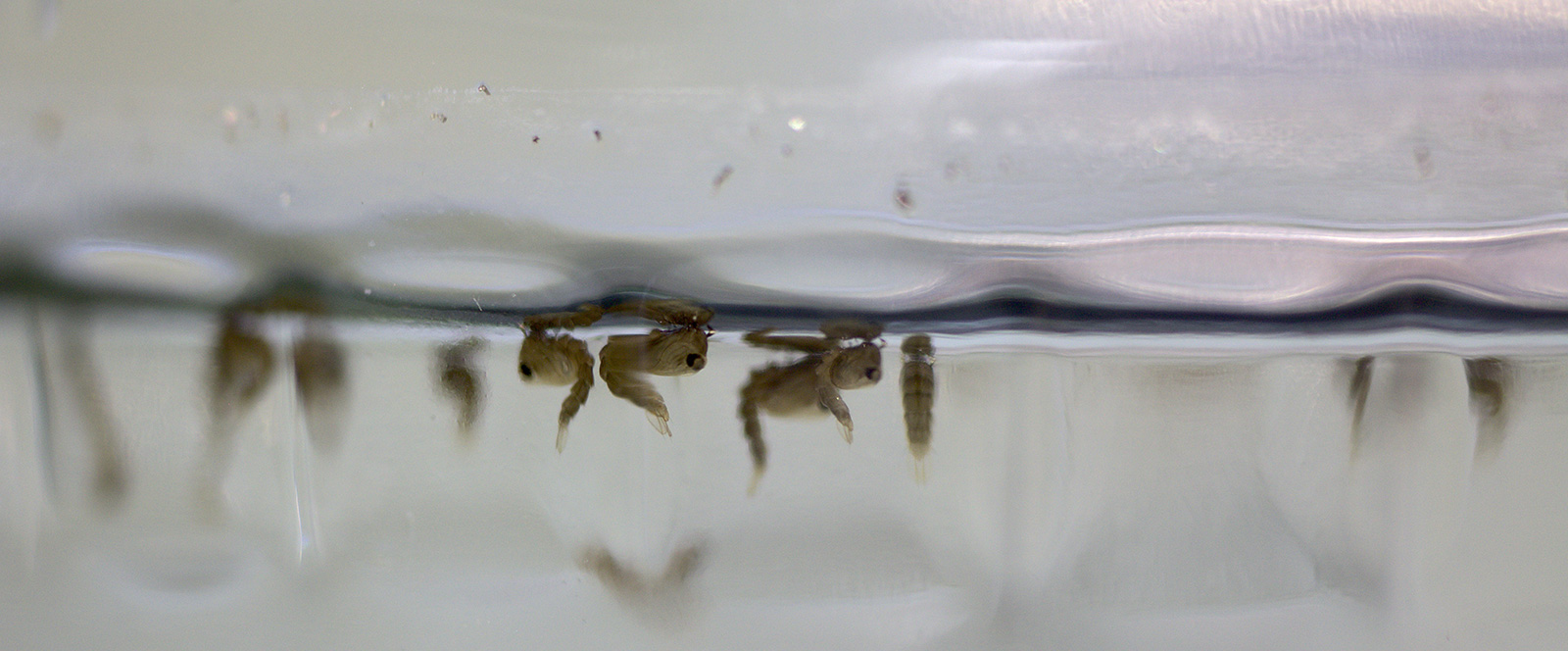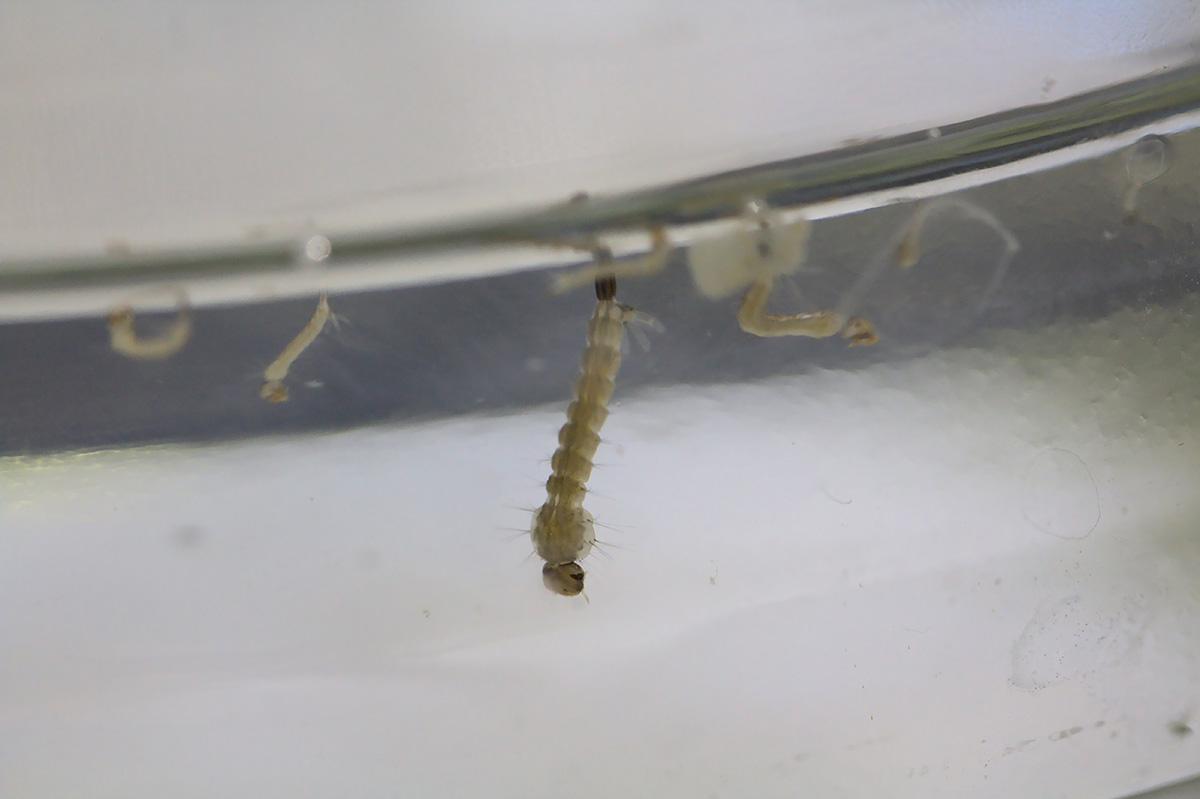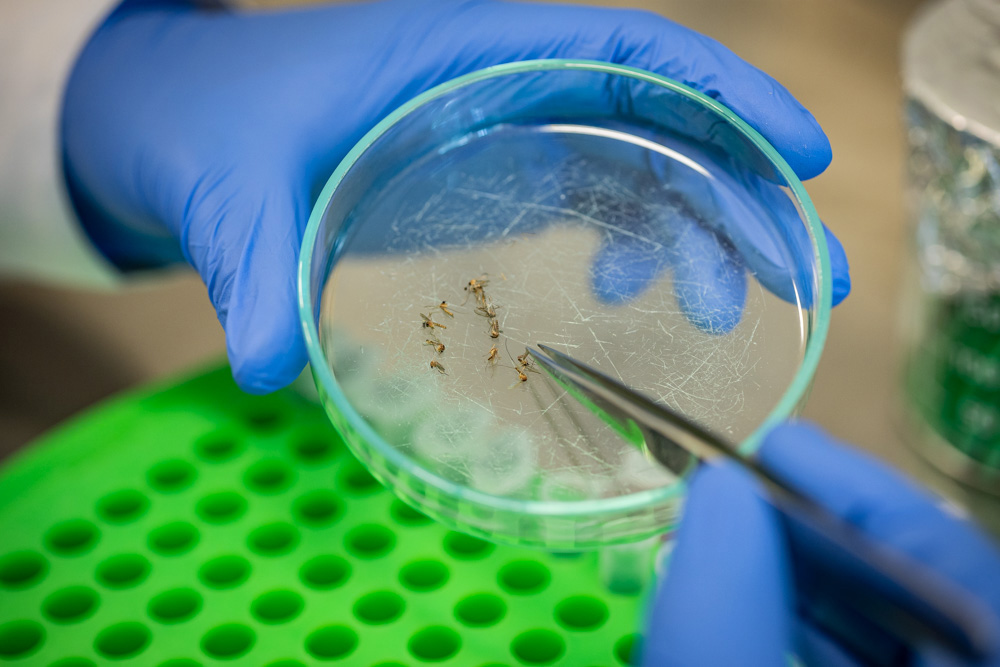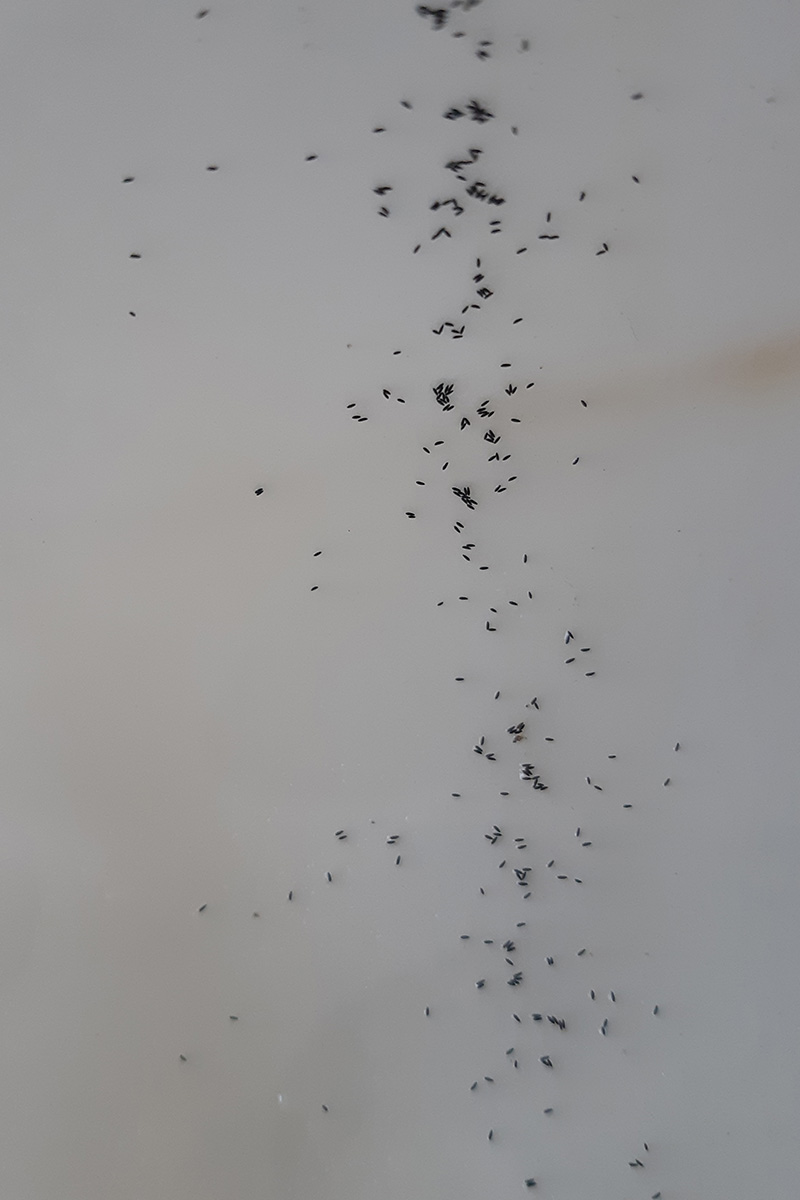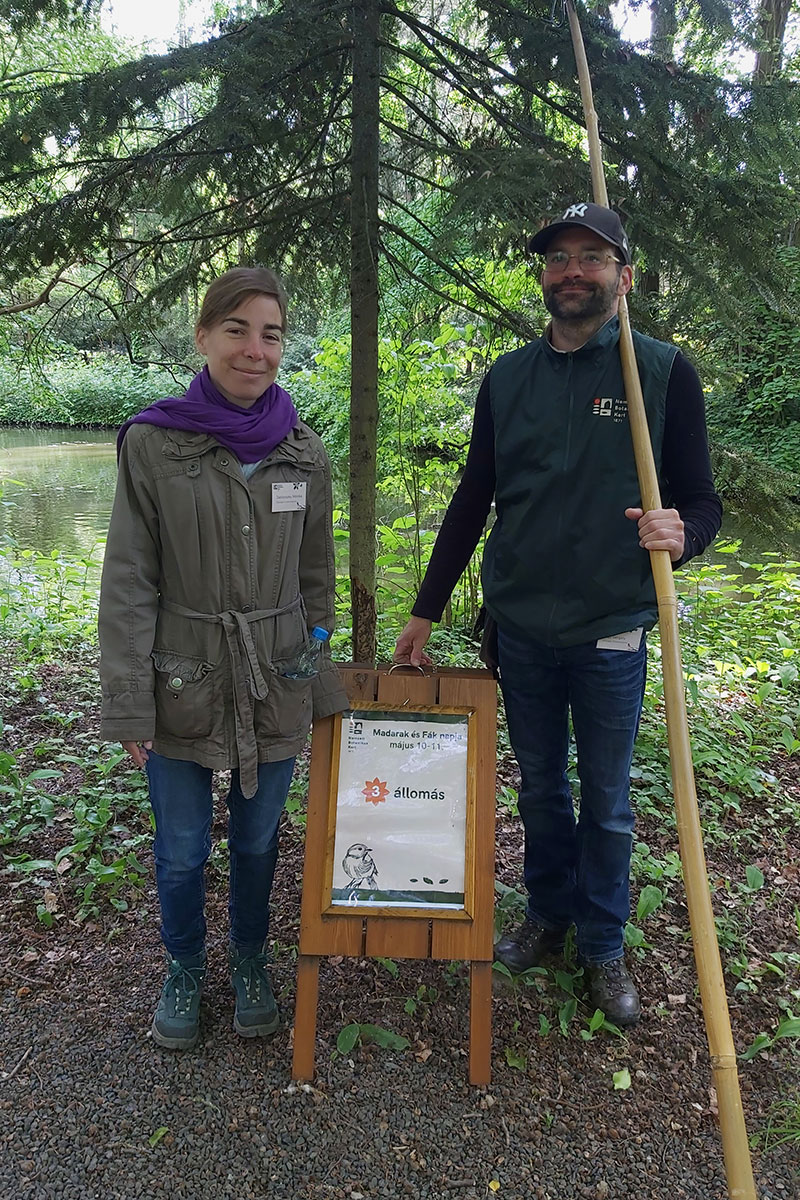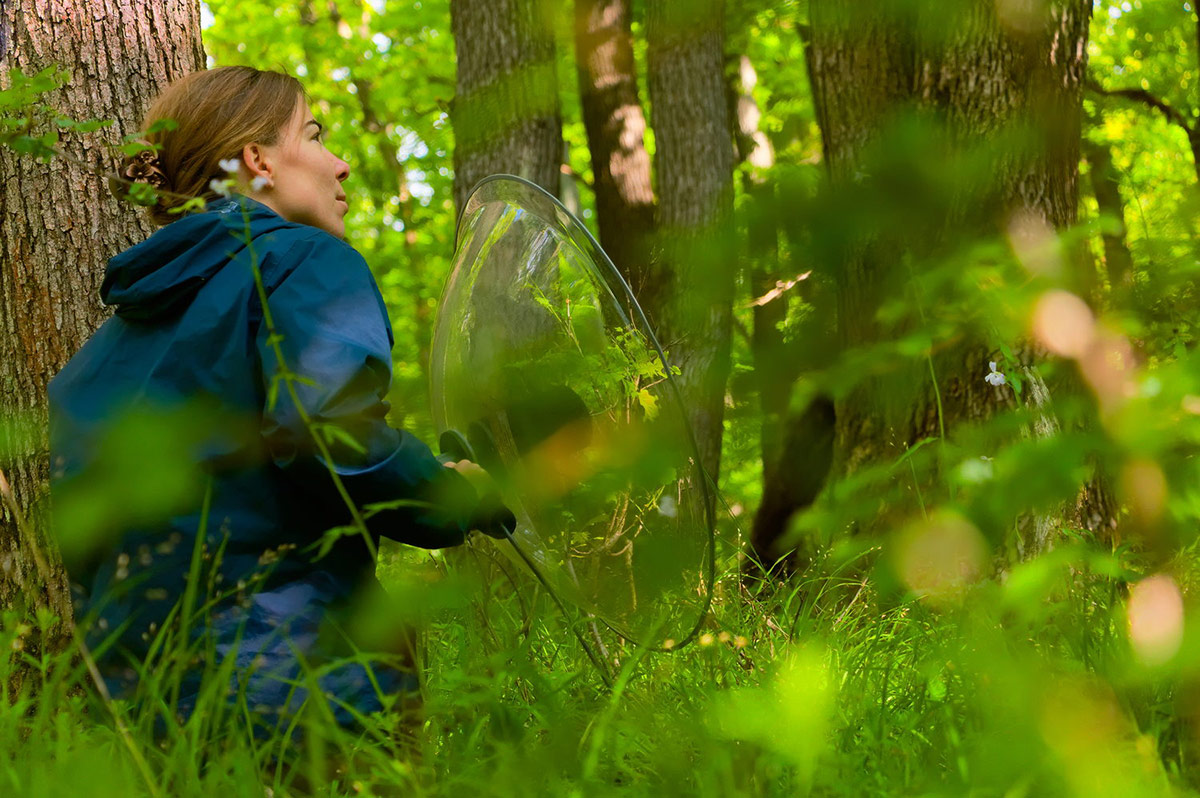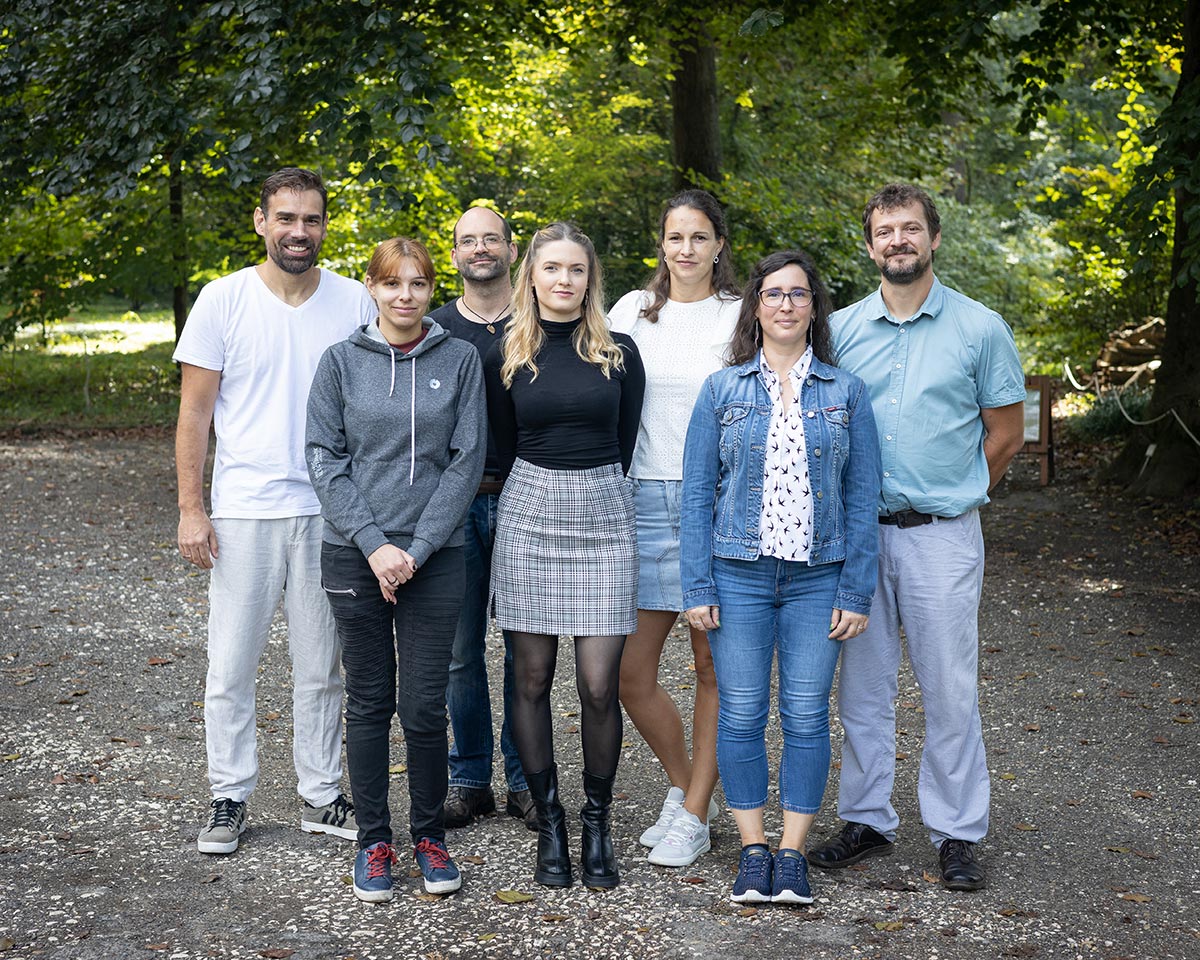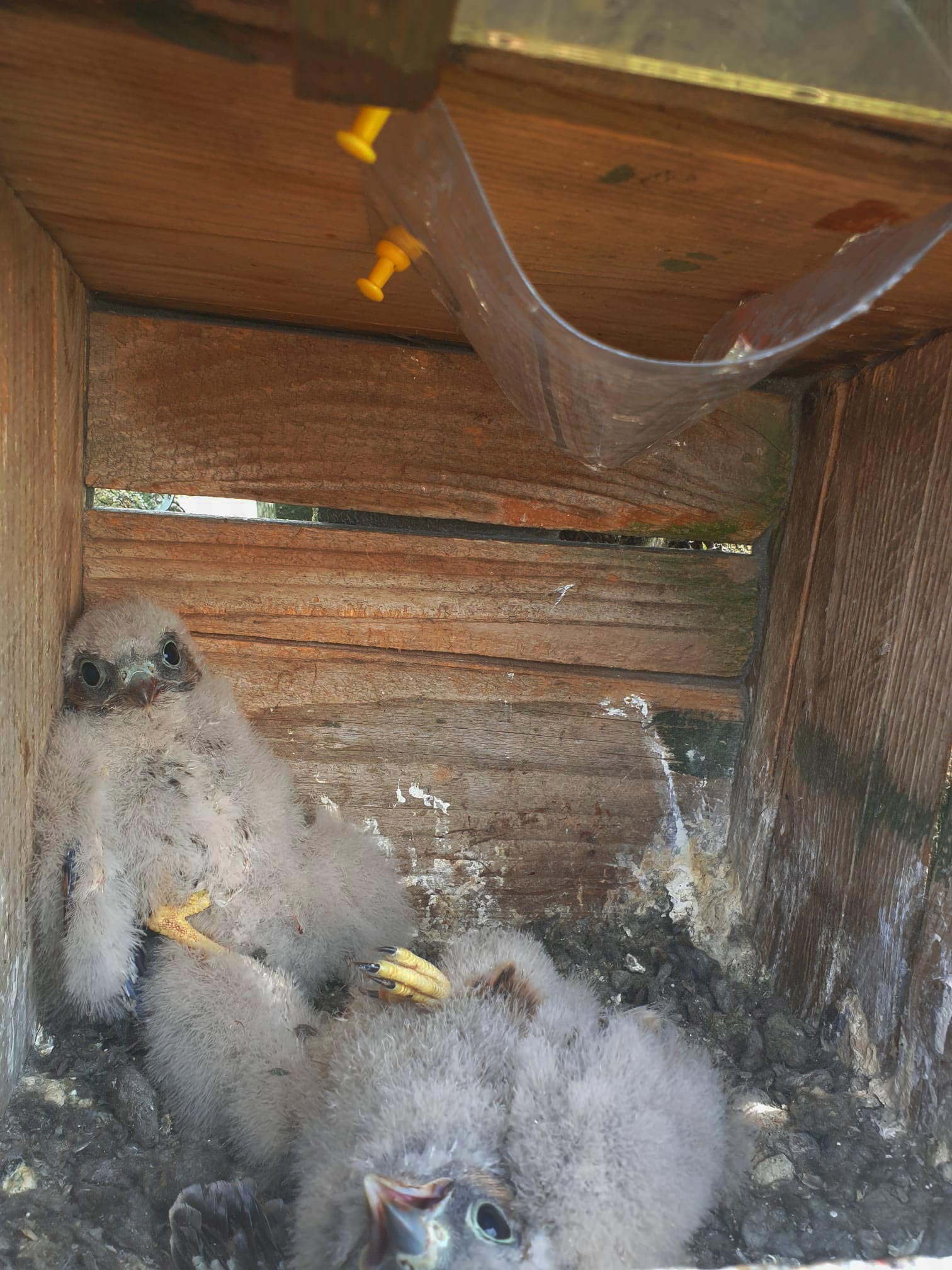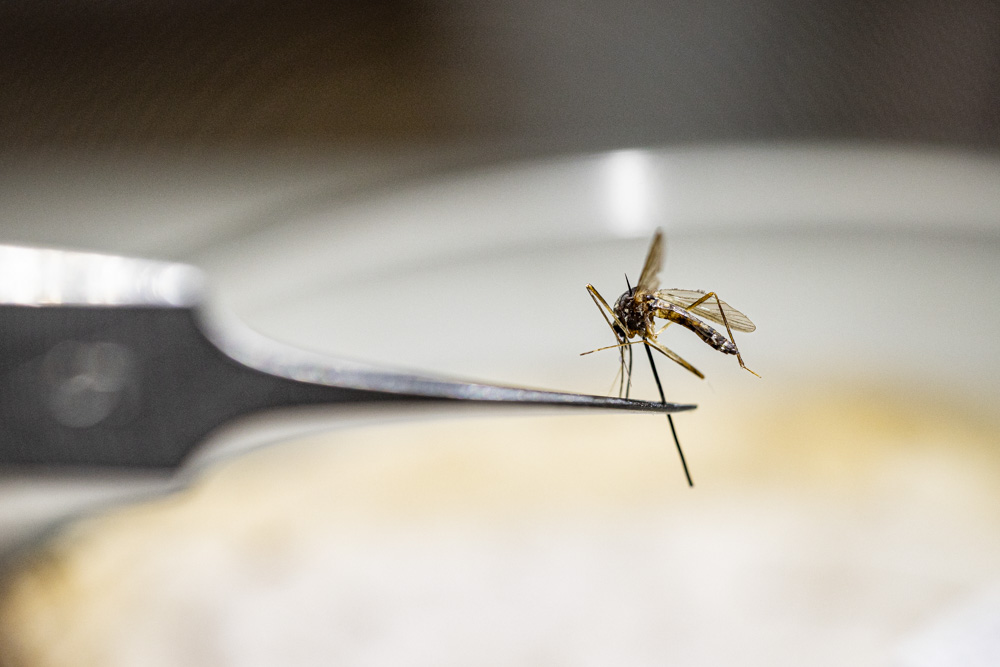
Research groups
Evolutionary Ecology Research Group
Members of the research group:
-
Augustin, Julie, PhD
research fellow
-
Dickey, James, PhD
research fellow
-
Fadel, Nadin
scientific manager
-
Jablonszky, Mónika, PhD
research fellow
-
Kovács, Dorottya
assistant research fellow
-
Nagy, Gergely
institute engineer assistant research fellow
-
Papné Klein, Ágnes
laboratory manager
-
Szentiványi, Tamara, PhD
research fellow
-
Tóth, Réka
-
Ujvárosi, Beáta Lujza
assistant
-
Üveges, Bálint, PhD
research fellow
-
Vásárhelyi, Zsóka
research fellow
-
Zsebők, Sándor, PhD
senior research fellow
Main profile:
Research topics of the group focus on evolutionary ecological dynamics in the Anthropocene and investigate how animal populations respond to human-induced recent environmental challenges, such as climate change, urbanization and biological invasion. One research line revolves around the role of behavioural traits in mediating interactions among individuals and species and around how these traits enhance adaptations to changing environments. Another key project deals with the evolutionary ecology of host-parasite-vector associations, which also derives important consequences for developing effective defence programs against emerging infectious diseases and invasions. These researches apply various field and lab approaches on various taxa such as mosquitoes, birds, bats, shrimps and dogs, and effectively integrates inputs from citizen science as well.
Ongoing research topics of the group:
(1) The identification of ecological factors driving the spread of invasive mosquito species and their role in the transmission of pathogens (e.g., West Nile Virus, malaria, Dirofilaria), while building an efficient system to monitor and make predictions about invasive mosquitoes and mosquito-borne diseases (https://szunyogmonitor.hu/szunyogmonitor-english/).
(2) The investigation of communication and cultural evolution in birds under different ecological conditions to unravel the effect of the social environment, habitat structure, urbanization and climate change.
(3) The study of the ecological effects of solar parks, including the sensory trap function of smooth surfaces on bats.
(4) The application of animal behaviour methods to assess and predict how competitive interactions among individuals shape the impact of non-native species, with a focus on gammarid crustaceans.
(5) The phylogenetic study of dogs to uncover how domestication can generate extensive among-breed variances in social, behavioural and cognitive traits.
(6) The development of citizen science platforms for monitoring of invasive species, and the enhancement of public awareness in relation to biodiversity issues.
Selected publications
Garamszegi L, Kolm N. 2024. The reduction in relative brain size in the domesticated dog is not an evolutionary singularity among the canids. BIOLOGY LETTERS 20. https://doi.org/10.1098/rsbl.2024.0336
Garamszegi LZ, Soltész Z, Szentiványi T, Kurucz K, Nagy G, Bede-Fazekas A. 2024. Identifying ecological factors mediating the spread of three invasive mosquito species: citizen science informed prediction. JOURNAL OF PEST SCIENCE. https://doi.org/10.1007/s10340-024-01841-7
Zsebők S, Vaskuti É, Laczi M, Nagy G, Jablonszky M, Barta KA, Canal D, Derégnaucourt S, Garamszegi L. 2025. Context-dependent organization of birdsong: experimental evidence from the collared flycatcher, Ficedula albicollis. ANIMAL BEHAVIOUR 219 :123026. https://doi.org/123026
Rahman NAA, Firtha G, Szabadi KL, Jones G, Zsebők S. 2024. Mitigating the deceptive effects of smooth surfaces: subtle surface modifications can eliminate maladaptive drinking attempts by bats. ANIMAL CONSERVATION 27 (6), 788-801. https://doi.org/10.1111/acv.12960
Szentiványi T, Szabadi KL, Görföl T, Estók P, Kemenesi G. 2024. Bats and ectoparasites: exploring a hidden link in zoonotic disease transmission. TRENDS IN PARASITOLOGY 40 (12), 1115-1123. https://doi.org/10.1016/j.pt.2024.10.010
Jablonszky M, Garamszegi LZ. 2024. The effect of repeated measurements and within-individual variance on the estimation of heritability: a simulation study. BEHAVIORAL ECOLOGY AND SOCIOBIOLOGY 78 (2), 18. https://doi.org/10.1007/s00265-024-03435-w



